
The Boom
How Fracking Ignited the American Energy Revolution and Changed the World
From THE BOOM by Russell Gold. Copyright © by Russell Gold. Reprinted by permission of Simon & Schuster Inc.
ISBN: 9781451692280
Pages: 366
Recommendation
The saga of how hydraulic fracking changed US energy production features charismatic wildcatters and the science and history of oil and gas exploration. Masterful reporter Russell Gold’s narrative, for good or ill, gets somewhat flooded in minute – though fascinating – details of the history of oil fields, specific wells, exacting particulars about gas and oil exploration tools and materials, and personal anecdotes about meetings with industry honchos and engineers. Gold writes so smoothly, the river of information will carry you along. getAbstract recommends his thorough, professional overview to people interested in fracking and its impact on the energy industry and the environment – as long as they’re capable of patient fascination.
Summary
About the Author
Russell Gold reports on energy in The Wall Street Journal. His coverage of the Deepwater Horizon oil spill earned a Gerald Loeb Award and was a Pulitzer Prize finalist.







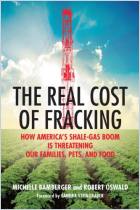
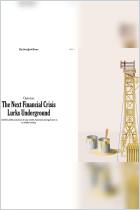
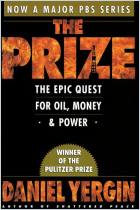
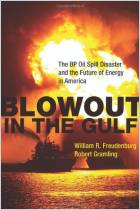
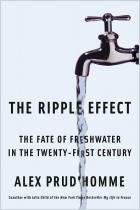


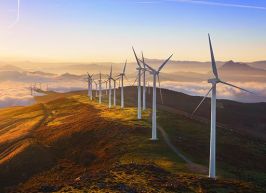




Comment on this summary or Démarrer une discussion